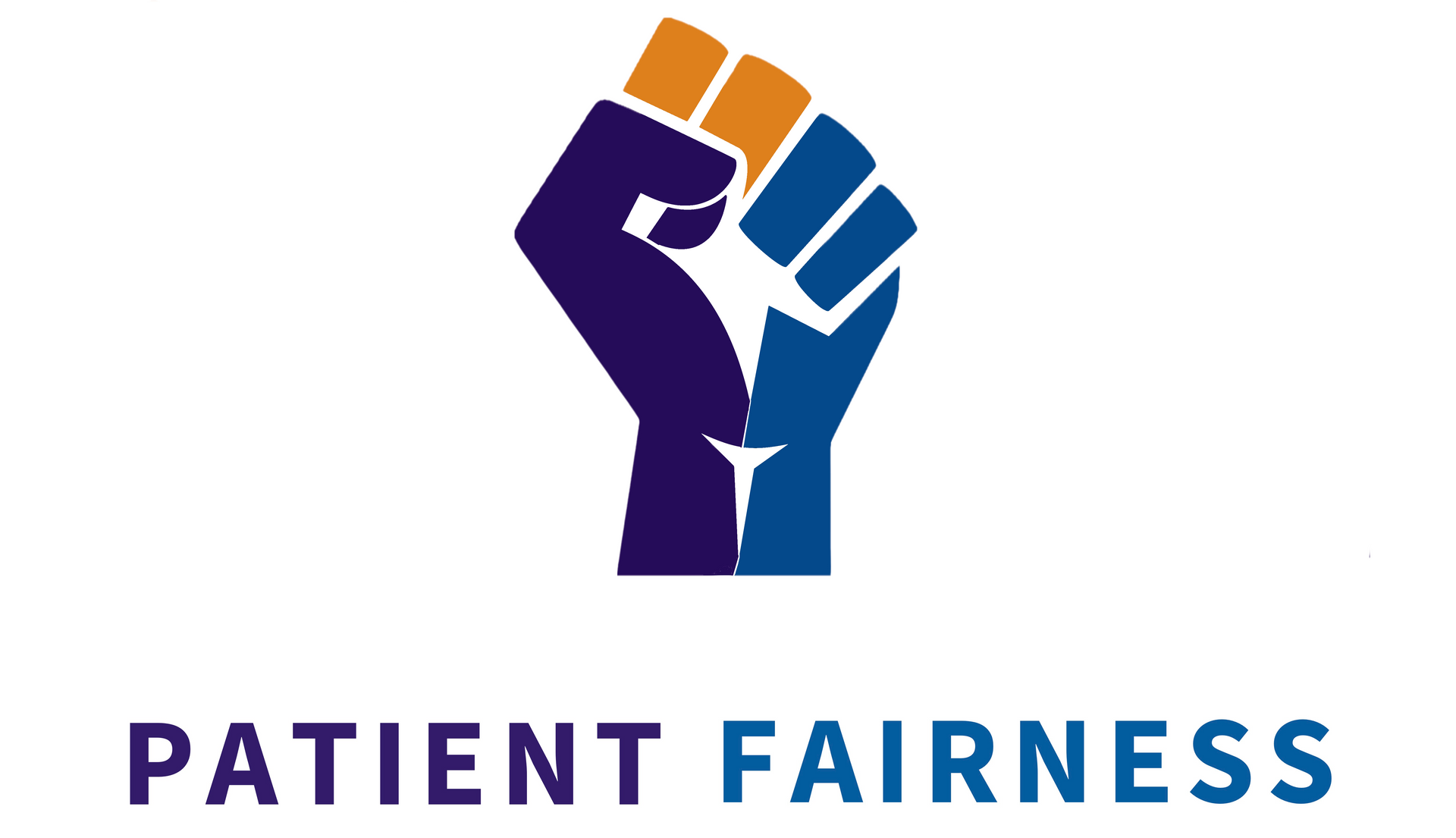Disputing a Medical Bill in Massachusetts
Medical Billing Laws, Consumer Protections & Information
Massachusetts
The State of Massachusetts gives consumer protections and has other laws and regulations for patients receiving care from, or otherwise being billed by, a provider in the state. Here are some of the most important state-specific laws and protections related to medical billing in Massachusetts.
FACILITY FEES
A Massachusetts provider must inform patients in advance of services if it plans to collect a facility fee, and the cost of such facility fee.
NON-PARTICIPATING PROVIDERS
A Massachusetts provider that does not participate in the patient’s insurance network must notify the patient before the scheduled service that it is not participating.

HOSPITAL
PAYMENT PLANS
Massachusetts hospitals must offer a patient the following payment plans.
- Patient balance <= $1,000: at least a one-year, interest-free payment plan with a minimum monthly payment of no more than $25; and
- Patient balance >$1,000: at least a two-year, interest-free payment plan .

PRICE TRANSPARENCY
3%
Only 3% of the hospitals in Massachusetts are compliant with the federal Hospital Price Transparency Rule requiring hospitals to publish their prices, according to an independent audit. If you received a bill from a non-compliant hospital, that can be a reason to dispute the bill.

MEDICAL DEBT IN MASSACHUSETTS
5.1%
5.1% of people in Massachusetts report having medical debt in a given year, on average.
HOSPITAL PRICES
2.7 x cost
The average hospital in Massachusetts charges 2.7 times what it costs to render the services. That means for every $100 in cost, it bills $270, of which $170 is profit.
Medical Billing Laws & Consumer Protections
All of U.S.
These federal laws and consumer protections apply to
all 50 U.S. states and the District of Columbia.
NO SURPRISE BILLING
The No Surprises Act protects people using insurance from receiving surprise medical bills when they receive most emergency services, non-emergency services from out-of-network providers at in-network facilities, and services from out-of-network air ambulance service providers.
GOOD FAITH ESTIMATE
A medical provider must issue a Good Faith Estimate in advance of services to a patient not using insurance. The Good Faith Estimate is a disclosure of expected services to be rendered and their charges.
BALANCE BILLING - EMERGENCY
A provider may not bill an insured patient for emergency services above the in-network payment responsibilities (coinsurance, deductible, copayment) under insurance benefits.
BALANCE BILLING - AT AN IN NETWORK FACILITY
For services an insured patient receives while visiting a participating hospital or facility, a provider may not bill the patient above the in-network payment responsibilities (coinsurance, deductible, copayment) under insurance benefits.
COLLECTIONS PROTECTIONS
The three nationwide credit reporting companies – Equifax, Experian, and TransUnion – do not include medical debts (1) below $500, or (2) less than a year old on consumer credit reports.

Dispute your problem medical bill now.
You have so much to gain by finding out if Patient Fairness can help with your problem medical bill. Complete the Problem Medical Bill Assessment and we'll tell you if we identified opportunities to question and/or dispute the medical bill. We'll even suggest some ways to dispute or reduce the medical bill if we can't help.
